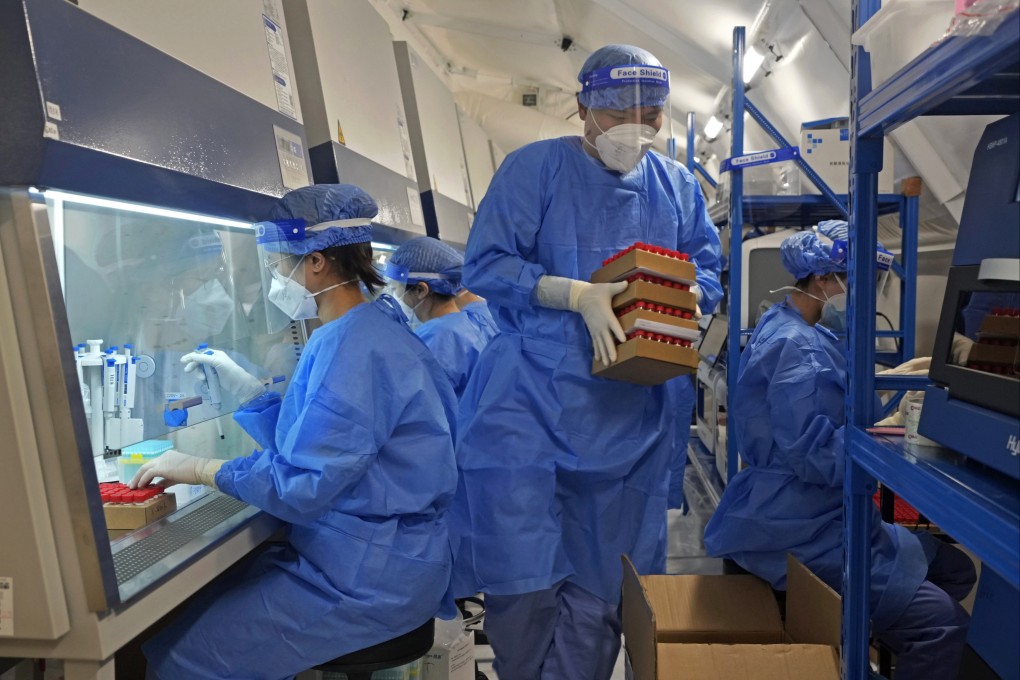Outside In | Hong Kong’s Covid-19 woes show administrators alone cannot solve crises
- The arrival of a team of policy experts from Beijing offers a sliver of hope of saving Hong Kong from leadership that is out of its depth
- With any luck, the unnerving, morale-sapping period of flip-flops, procrastination, mixed messages and policy missteps will soon end

While we were dismissive of reports of the “death of Hong Kong” – complete with images of mainland troops pouring over the border and mainland officials swiftly grabbing the levers of power despite promises of a “high level of autonomy” – we were clear there would be profound changes that would be unclear and difficult to anticipate. But there were several important changes that seemed clear but were either ignored or failed to attract the interest of those managing the transition.
Policymaking for Hong Kong was formulated around the colonial governor by a small team imported from London. Once policies were clear and received the green light from the Foreign Office, the task of implementing and administering them was entrusted with confidence to a highly competent administration.
It seems few realised in 1997 that an administration without a strong policy-formulating team underpinning them was perilously vulnerable. Hong Kong was about to become a row boat without a rudder. It had many people able to heave dutifully on oars but none equipped to manage the direction of travel.
